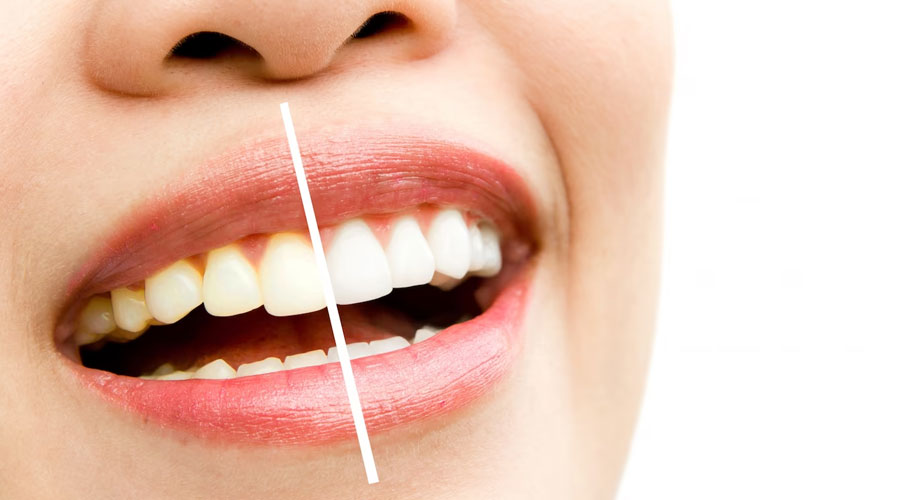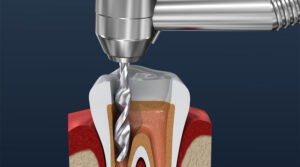Tooth whitening lightens teeth and helps in removing stains and marks. It is one of the most sought after cosmetic dental procedures as it greatly improves the appearance of your teeth. Tooth whitening is performed by all dentists worldwide. Clearly it is a voluntary service that is appropriately undertaken within the framework of the patient’s medical and dental needs. It should be done frequently to maintain its bright colour.
Why do we need tooth whitening?
The natural white colour of teeth is derived by the reflection and scattering of light in the enamel. The smoothness and thickness of the enamel is affected by your genes.
Daily a thin layer forms on the enamel and results in stains. Consuming tobacco, drinking dark coloured liquids like wine and not taking proper care of your teeth are some of the most common reasons for teeth getting stained and de-colored.
Another reason for losing the brightness of teeth is aging as it makes the enamel thinner and the dentin becomes darker.
Intrinsic stains exist inside the tooth. It is caused by either too much fluoride exposure as a child while teeth are developing or tetracycline antibiotics. It can stain a child’s teeth if it’s taken by a mother during the second half of pregnancy or by a child who is younger than 8 years. Tooth whitening is most effective on surface stains i.e. extrinsic stains.
How is Tooth whitening done?
Before doing tooth whitening, cavities must be treated because the whitening solution should not pass through the decayed areas. If you have receding gums or tooth decay, whitening might make your teeth sensitive. It needs to be done with proper care and precautions by dentist.
Step by step procedure is followed during teeth whitening. First, the dentist will clean your teeth and remove the bacteria and other substances present on your teeth.
The two main types of tooth whitening procedures are vital whitening and non-vital whitening. Vital whitening is performed on teeth which have live nerves. It is done by applying gel like solution directly on the surface of the tooth.
Non-vital whitening is done on tooth which has had a root canal treatment. In this treatment the dentist will place a whitening agent inside your teeth and cover it with temporary filling.
Whitening is not a permanent solution and the stains might reoccur if you do not take proper care. Abstain from smoking and consuming staining drinks and food. If you maintain your dental hygiene you will have the shiny white teeth forever.





